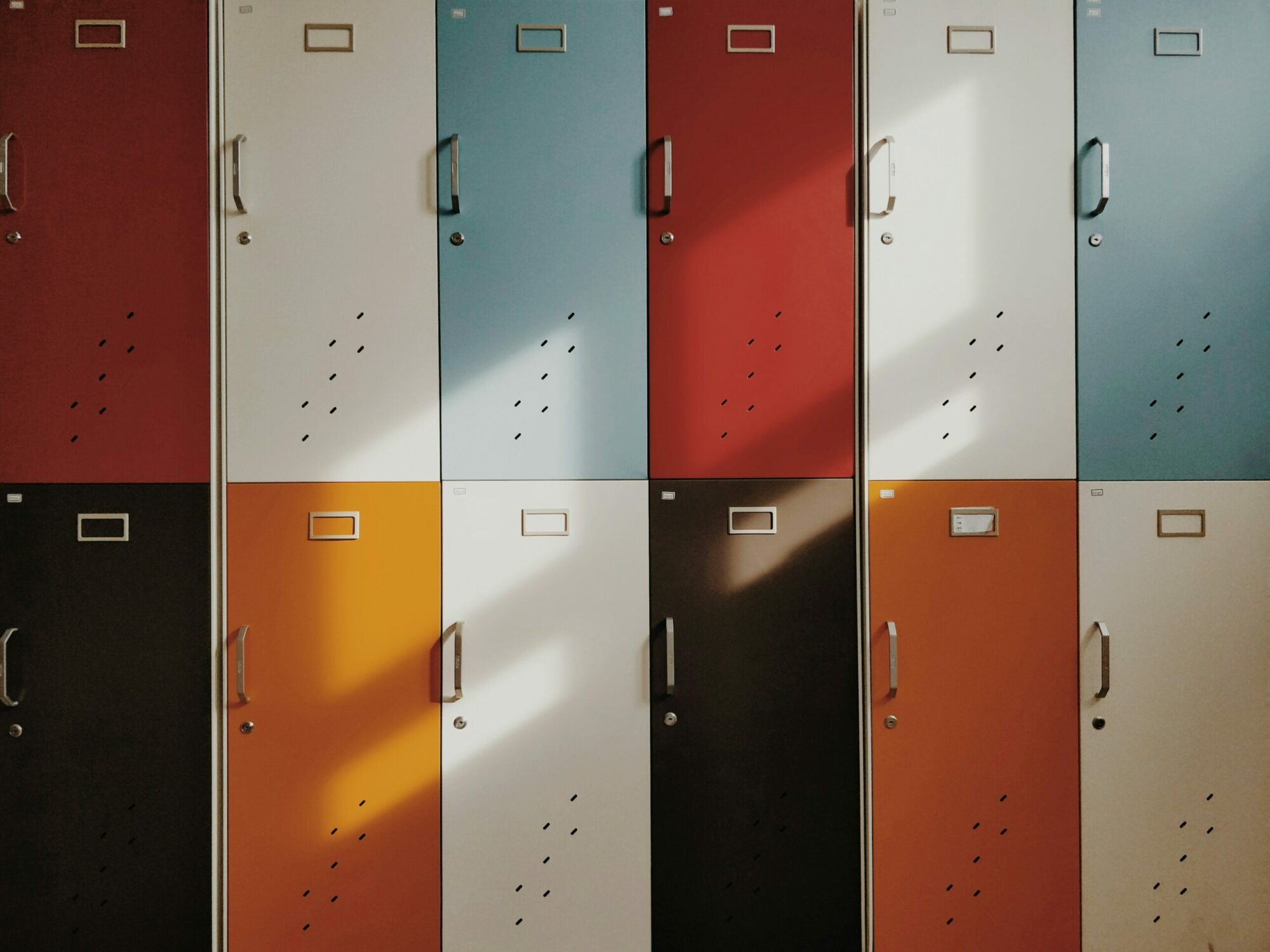“The only true education comes through the stimulation of the child’s powers by the demands of the social situations in which he finds himself. Through these demands he is stimulated to act as a member of a unity, to emerge from his original narrowness of action and feeling, and to conceive of himself from the standpoint of the welfare of the group to which he belongs.” – John Dewey
I appreciate this quote by John Dewey because it highlights the similarities between school and broader society. School is the first time that children will find themselves in a community and they will have to learn to navigate it. They must learn to cooperate, interact with people who are different than they are, and learn how to reflect and grow from both positive and negative experiences. If we view schools as communities, then as teachers, we hold the responsibility of being leaders and role models. This means that everything we do in the classroom carries significance. It’s essential to model the behaviours that we want to see replicated in school and society when the students graduate. The things I think that are most important to represent to my students are
1) Be fair. I will make my expectations clear. Whether this be with assessment, discipline, or interacting with their peers, they should know what their responsibilities are. I will have a conversation about why I have set these up this way and tell them I am always open to listen to them if they think something is unfair and I’ll be open to being convinced and changing my expectations.
2) Demonstrate kindness, compassion, and self-respect. Teach kids that the best thing in the world to be is to be kind. Especially to ourselves. As learners, we can be our own biggest critics. Teach them it’s okay to fail and try again. Even if they do fail, to love themselves and be compassionate to others.
3) Give students opportunities to learn in areas they excel and in areas they struggle. Give them opportunities to show off their abilities in one area and create space to allow them to fail and try again in new areas. I will do this by constantly learning myself. Trying out new things in the classroom and different methods of teaching. When things don’t work out as I expected demonstrate how to reflect and learn from failure.
Reflection
I am excited to get into the classroom and test my expectations and ideals with the realities of the classroom. While researching other teaching philosophies, I found that there were many that I could see myself subscribing to, which I think demonstrates how most underpinnings of philosophies behind teaching have the same basic principles, that we want our students to be happy and successful. I still feel like I am naive on the subject but I am excited to try many of them out and to pick and choose the elements that work best for me, my students, and my classroom.
